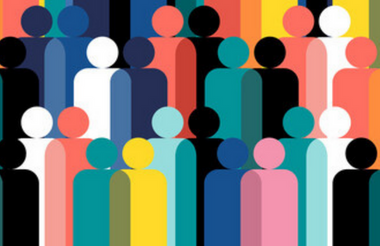Since last month’s leader about how I, and the sector, need to check our white privilege, the response from the fundraising community has been humbling. One person who reached out was Shofa Miah and her story concerning the trials of establishing and running a charity in her brother’s name in east London is detailed in the Conversation section of this issue. It is a poignant and powerful depiction of the inherent obstacles that are faced by those with diverse characteristics in the charity sector.
The story of Ashok’s Vision International will resonate with many grassroots groups that have experienced the struggles of getting registered with the Charity Commission and securing funding. It also highlights how passion, dedication and collective will can overcome systemic and social challenges and prejudice. It is a story of hope as much as it is one of struggle.
Shofa was one of a handful of people from diverse backgrounds within the sector who have come forward to share their stories over recent weeks. Not only from ethnic communities, but also from people with neurodiversity, other physical diversity, or from a religious minority. Off-the-record stories speak of isolation, verbal and physical harassment, systemic prejudice and racism. It appears that the charity sector is not as inclusive as some believe; in fact, for many it’s not inclusive at all.
Over recent years, equality, diversity and inclusion statements have become standard in the governance and recruitment processes of many charities, including their fundraising departments. They are often lengthy and well-meaning, but they mean nothing if they are not put into practice. They need to be as deeply embedded across the sector as the prejudice and racism they are intended to defeat. As one person who contacted me said: “We’ve been talking about this for years and years, and nothing changes... Ever.” It is time it did.
@stevejcotterill is editor of Fundraising Magazine
Related articles












